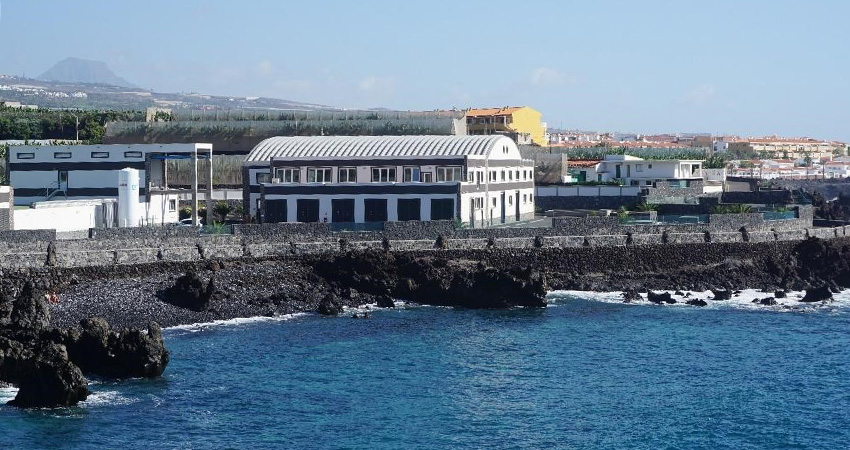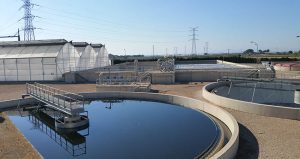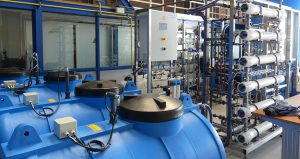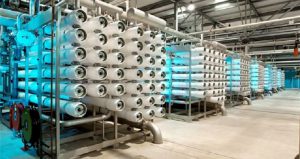Sea4Value aims for extracting minerals and metals from brine

-
 Editorial Team
Editorial Team
Share article:
Due to climate change desalination is becoming vital. But high energy costs and the production of brine remain a major problem. The European research project Sea4Value wants to turn one of these problems into a solution. The project intends to develop and implement novel technologies to extract minerals and metals from seawater brines. It will develop a multimineral and modular process in desalination facilities.
Brine contains large quantities of valuable raw materials, some of which are very scarce and expensive in their land-based form. The European Union obtains some raw materials from mines usually located far away. Currently China provides 98% of the EU supply of rare earth elements. This issue can lead to supply risk and dependence on foreign markets, and the supply will only grow. According to Maroš Šefčovič, commissioner for EU Interinstitutional Relations, Europe will need almost 60 times more lithium by 2050 for electric cars.
Turning brine into a valuable source
“Our partners are currently developing the technologies in their laboratories and testing them with synthetic and small amounts of brine. By the end of 2023, we will also examine the developed technologies in a real environment, dealing with real brine,” points out Juan Arévalo, R&D project manager at Aqualia, a water company from Spain.
Pilot plants
In the early stages, the project analysed saltwater and brine composition at 150 desalination facilities worldwide. This data collection aims to build the EU knowledge base on raw material sources and to find two different pilot plants to test the project’s technologies. “We found that the seawater and brine composition are location-dependent. Because of that, we decided to test the technologies in two oceanic settings with different brine and seawater composition: the Mediterranean in Dénia, Spain and the Atlantic in Fonsalía, Canary Islands, Spain,” explains Naiara Hernández, a researcher in the R&D department of Aqualia.
Moving laboratories: all technologies in one container
Aqualia is handling the design, construction, and management of a moving lab. “It will consist of a container that will assemble all the technologies to extract minerals and metals in one place” explains Hernández. “The container will be operating for six months in Dénia’s desalination plant. Afterwards, we will move it to the next spot, in Fonsalía, ” reports Hernández. The moving lab will operate as a chain; the brine will pass through different technologies that will extract the minerals and metals, such as magnesium, indium, gallium, or others that are needed for various applications.
New technologies
In 2020 the Zero Brine consortium led by the Dutch University TU Delft started with a project with similar objectives. The Water Mining project is to recover nutrients, minerals, energy and water from brine and industrial and urban wastewater. This EU funded project will work with new combinations of water technology solutions that are already used in different Member States. Sea4Value wants to develop new technologies.















